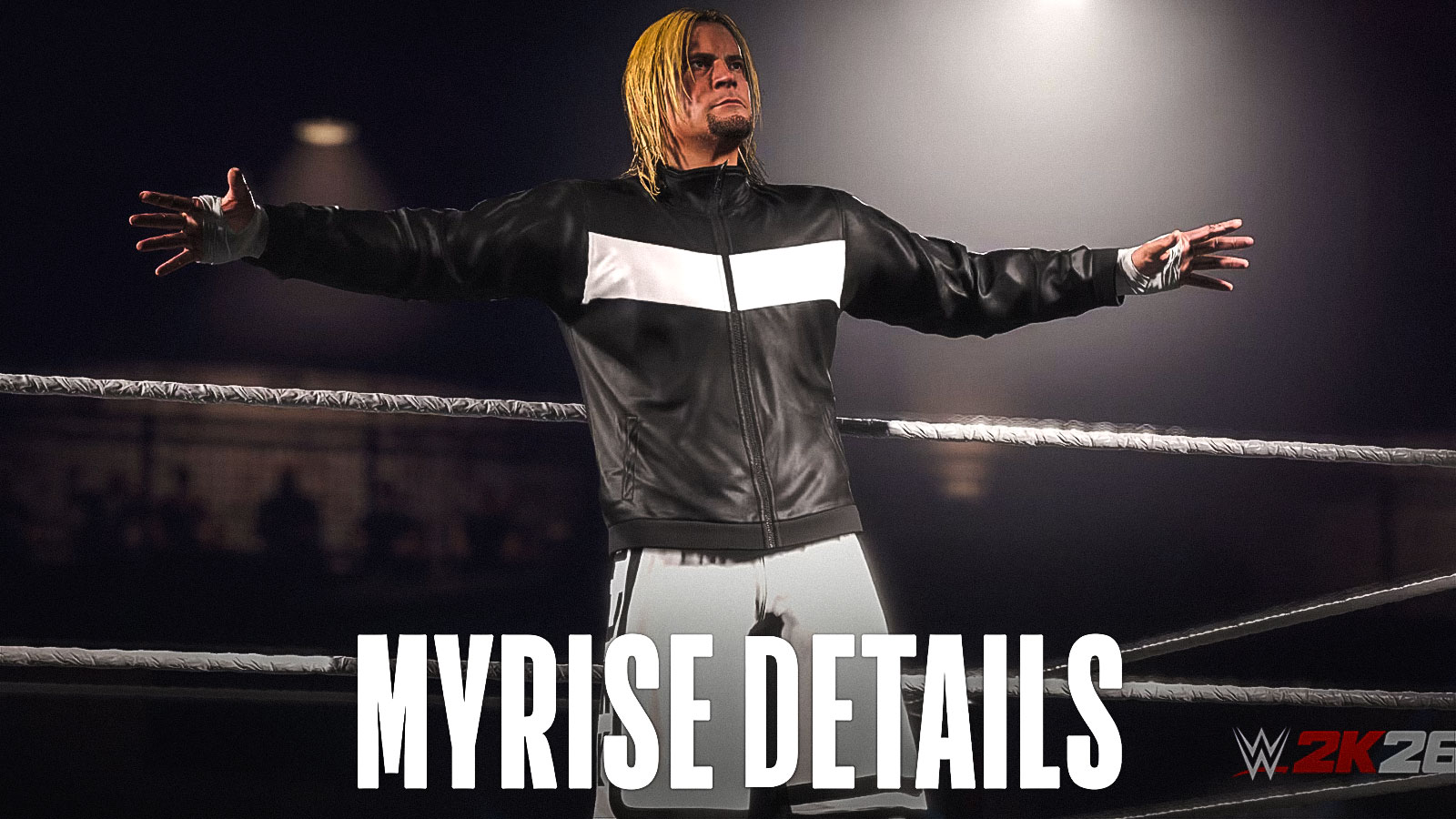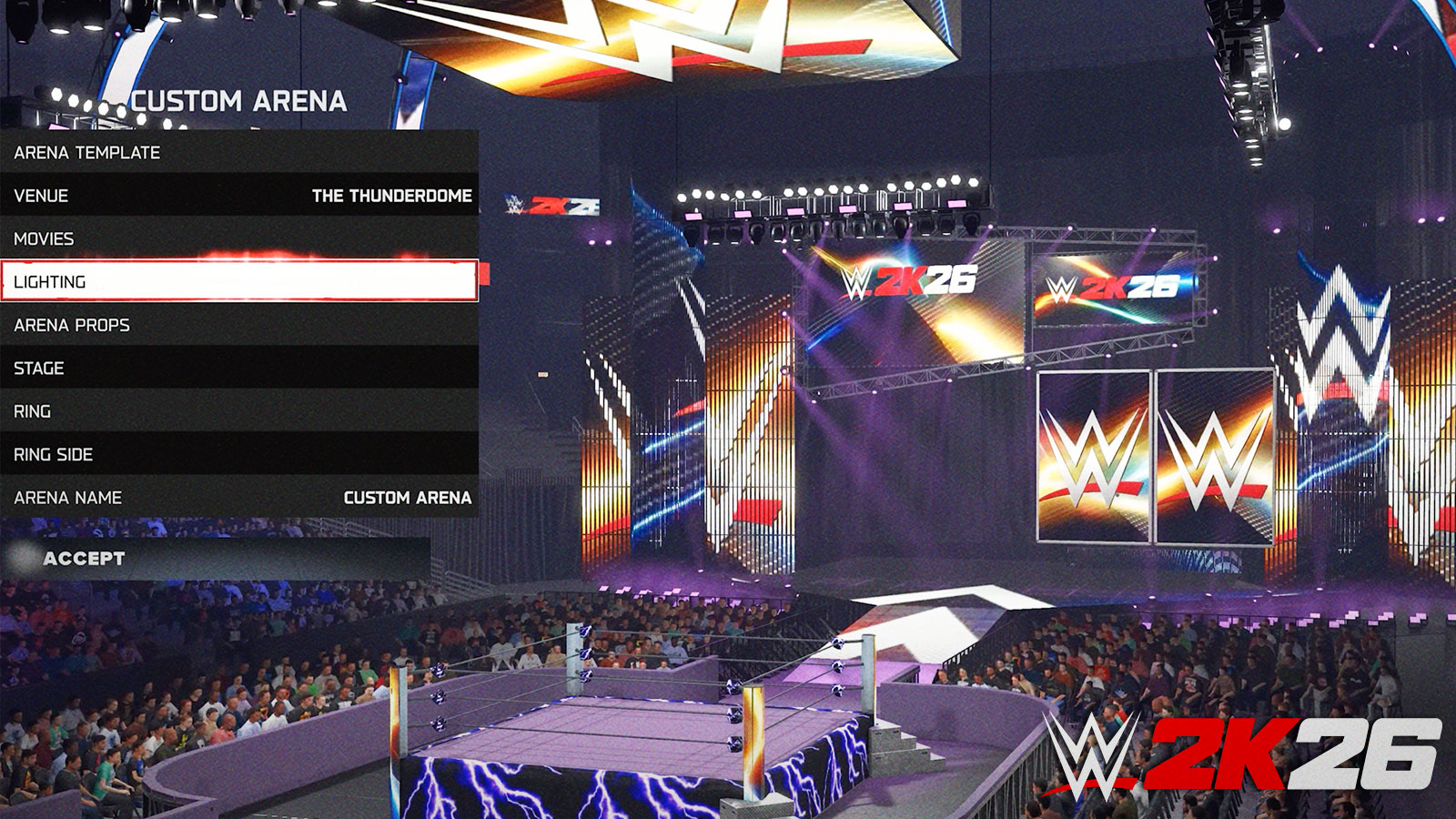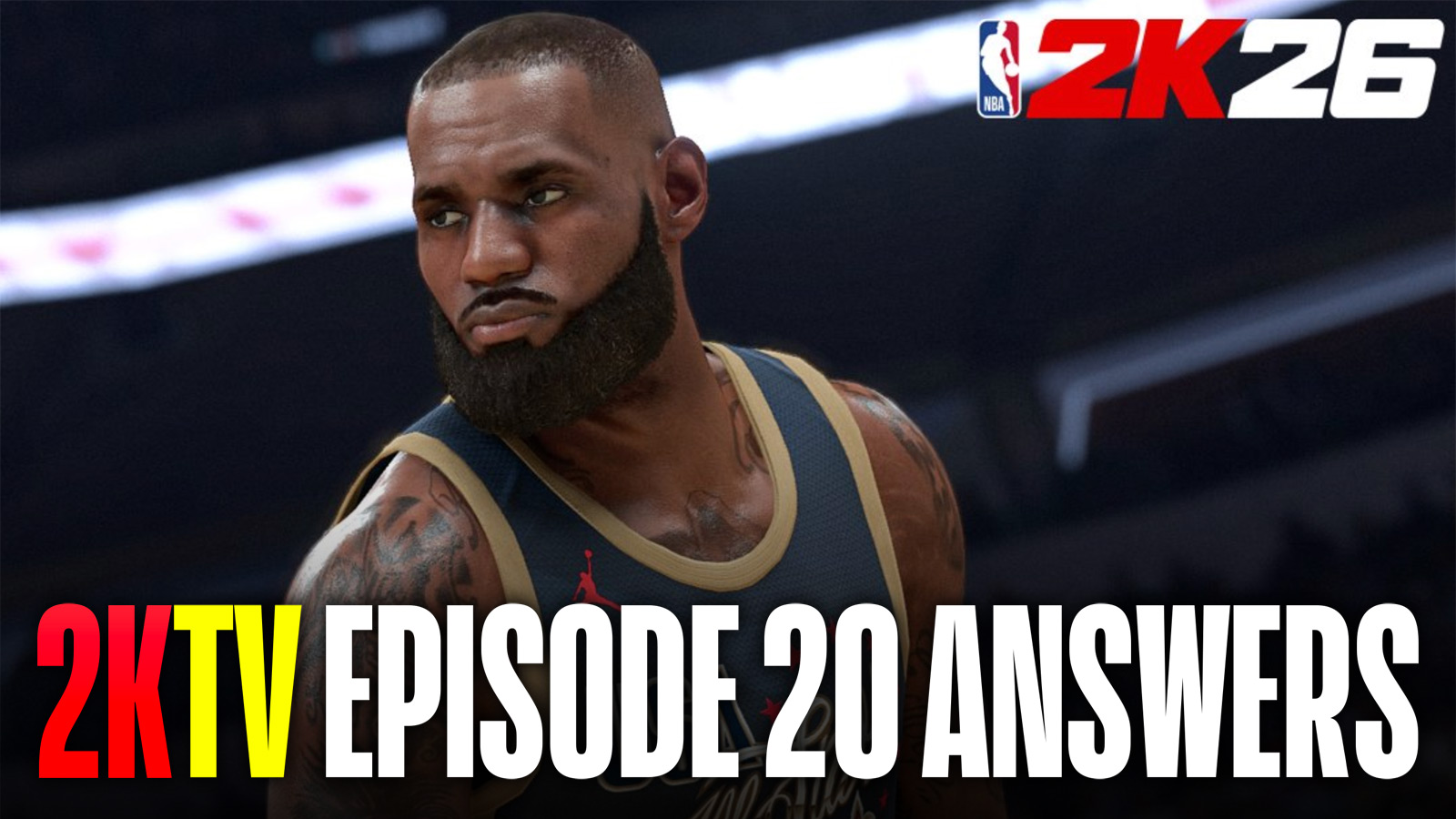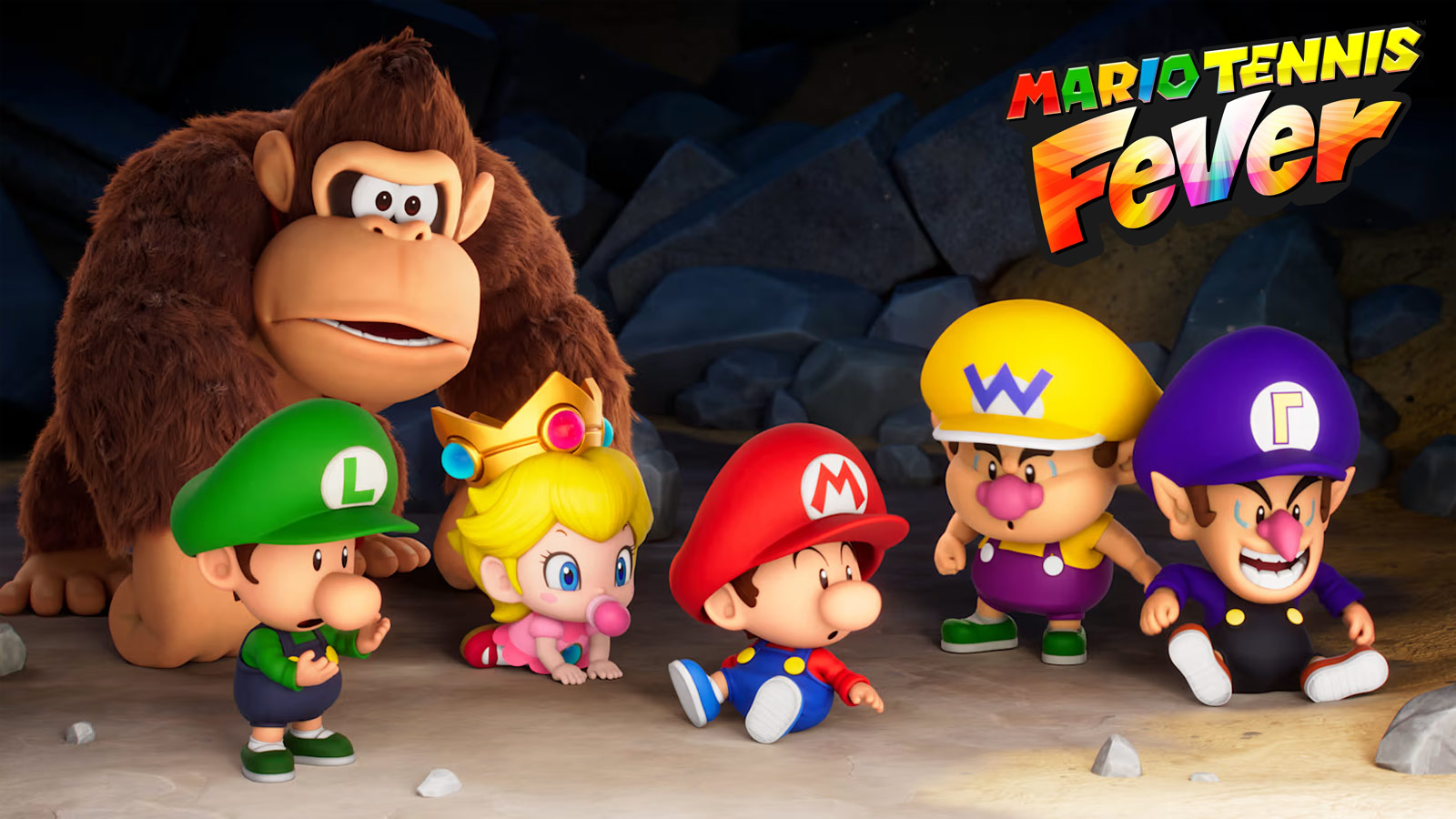Singapore scores the first Olympic Esports Week by the International Olympics Committee on the third week of June 2023.
The International Olympic Committee (IOC) has just confirmed that the inaugural Olympic Esports Week (OEW) will be held in Singapore between June 22-25, 2023. This marks a major step in the formal recognition of virtual sports as part of the Olympics, with esports getting the support it needs to become a full-fledged competition on the Olympic stage.
The event will be in partnership with Singapore's Ministry of Culture, Community and Youth, Sport Singapore, and the Singapore National Olympic Committee (SNOC), the OEW will be a showcase of the best of esports. The four-day festival will include exhibits on the latest technologies, panel discussions, education sessions, and show matches. While not all the actual events are not yet finalized, the announcement indicates that there will be “hybrid physical and simulated sports.”
An event that has been confirmed so far is the Olympic Esports Series (OES), whose first in-person live finals will be held at the event. The OES is “a global virtual and simulated sports competition created in collaboration with the International Federations which builds on the successes of last year's Olympic Virtual Series.” Last year's Olympic Virtual Series attracted over 250,000 participants from across 100 countries to take part in virtual and simulated sports on baseball, motorsport, cycling, rowing, and sailing.
Details on the first OEW and the OES, along with details on how to join, will be shared in early 2023.
Esports getting acknowledged as an Olympic sport undoubtedly opens a lot of avenues for esports athletes around the world. However, this was never necessary and esports could always exist outside of traditional sports competitions, just as how the League of Legends World Championship, The International, and the VALORANT Champions Tour all prove. It's also odd how a supposed esports event fixates more on “simulated sports” and “virtual sports,” instead of focusing on the more popular esports titles. If this is intentional, then there will be a good distinction between esports events and “virtual sports” events that the Olympics aim to champion. But until then, it puts into question why the Olympic Committee is marketing the event as an esports event, and on just how genuine the Olympic Esports Week will be in including esports in its program on top of “virtual sports” and “simulated sports.”




















